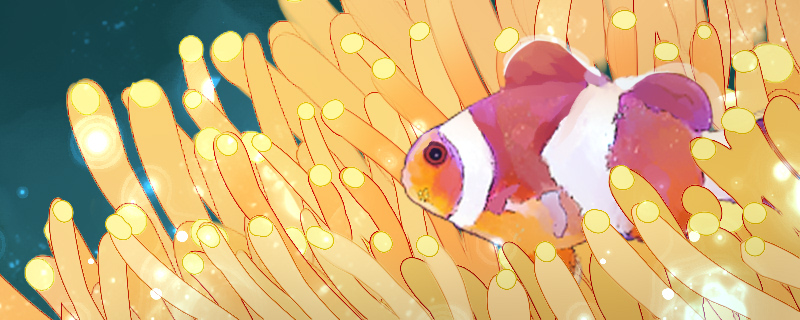
Clownfish are not poisonous. However, clownfish and sea anemones symbiotic, it will lay eggs in the sea anemone, nest, life, and sea anemone is a certain degree of toxicity, so try not to directly touch the clownfish. Although sea anemones are toxic, clownfish are resistant to their toxicity and will not be harmed by them. And it grows better in an environment with sea anemones. Because anemone can provide a comfortable and safe environment for its growth, from other fish attacks. Therefore, when raising clownfish, it is better to place a sea anemone for it, so that it can have a comfortable and concealed growth environment.
Clownfish will not be poisoned when they encounter coral, mainly because there is a special mucus on its body surface to protect it from the influence of coral, not because clownfish have immunity to the toxin of coral. Its mucus has a dual role, both to neutralize or resist the toxins of coral nematocyst bands, and to inhibit the ejection of nematocysts, thus protecting clownfish from them.
When clownfish touch coral, they don't dive in. First, when they are young, they use their sense of smell and vision to find a clump of coral. Then it will slowly approach the coral, touch those poisonous tentacles, secrete mucus on the surface of the body. When they have a protective substance all over their body and are not stung by the tentacles of the coral, they can freely enter the coral and occupy it, while preventing other species from entering their territory.